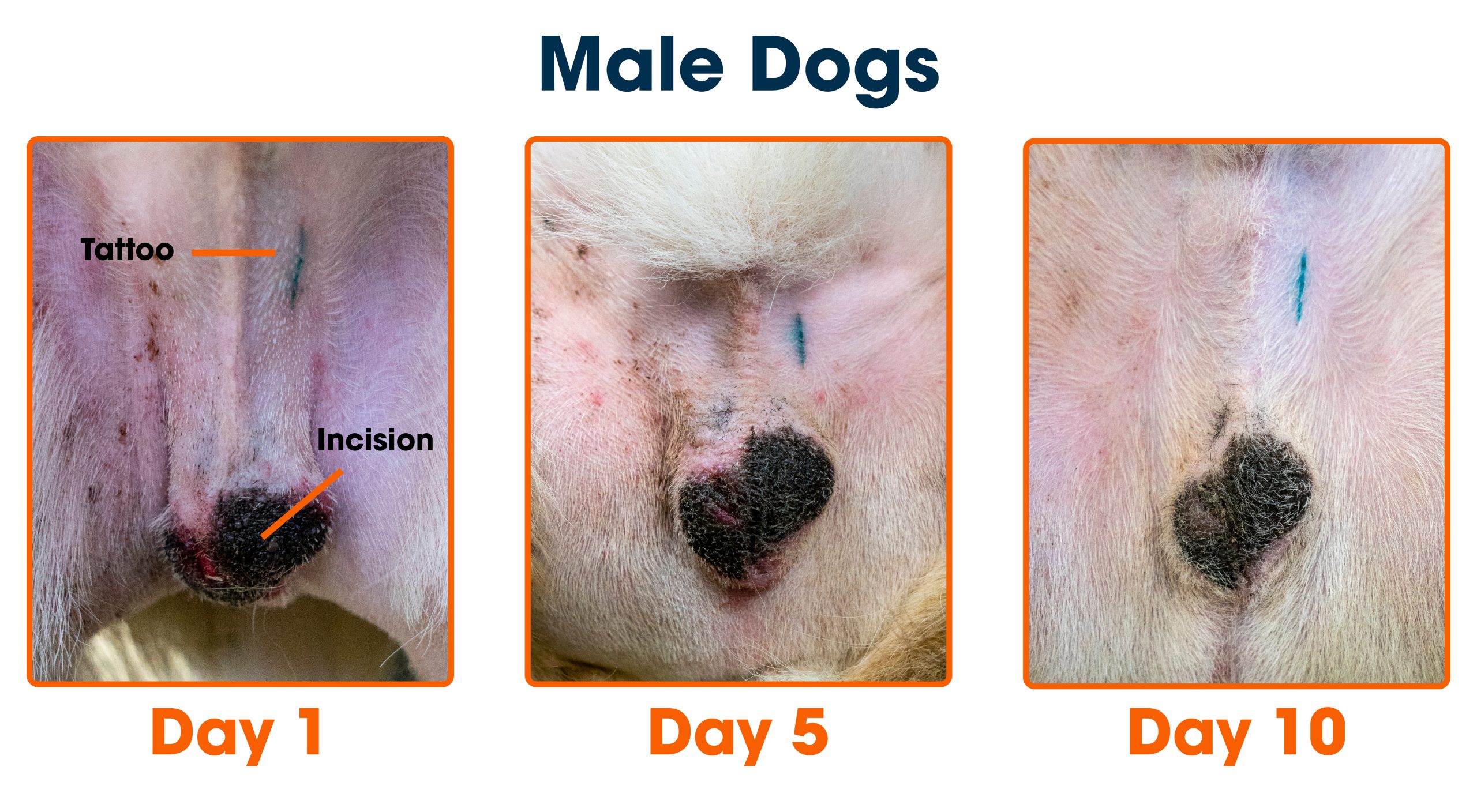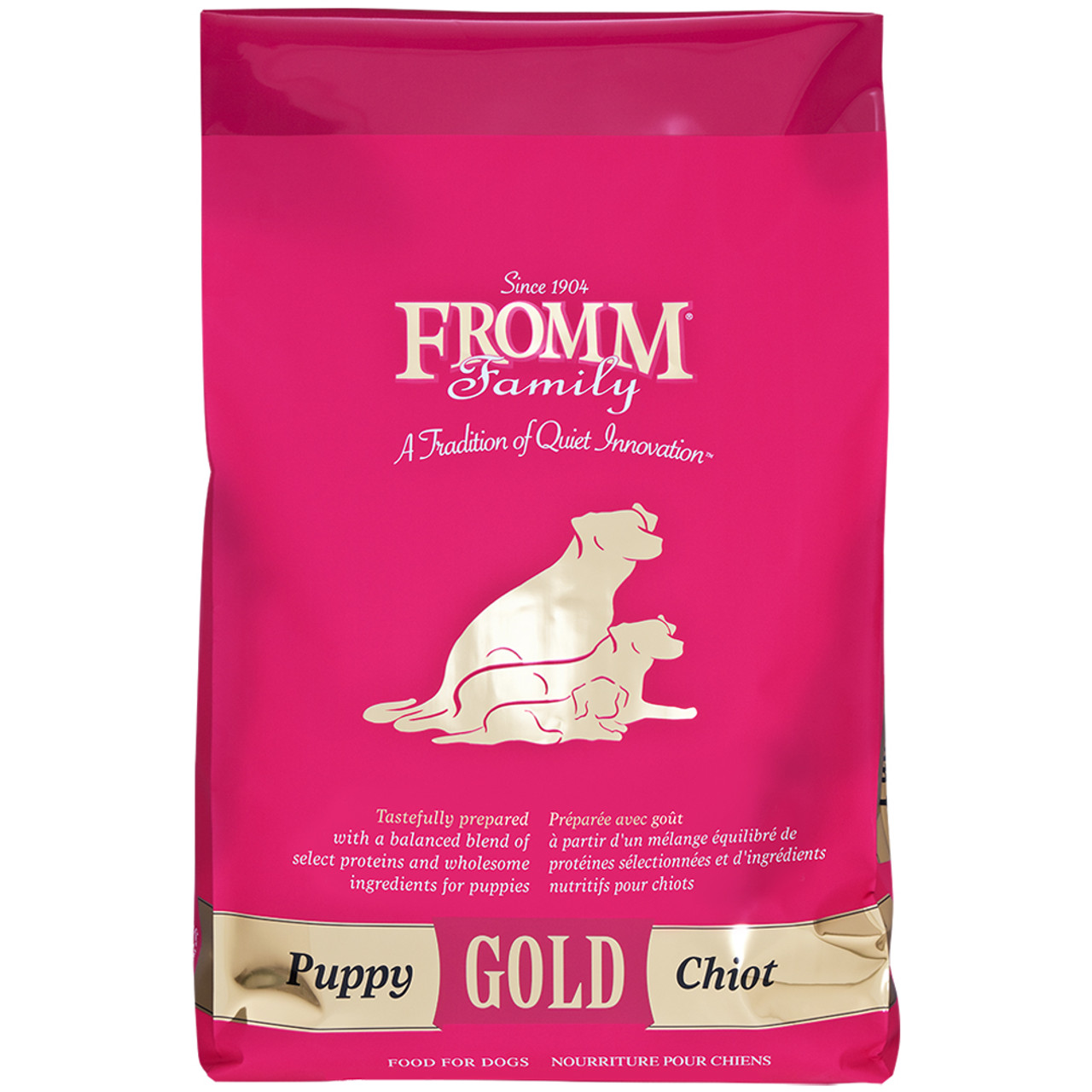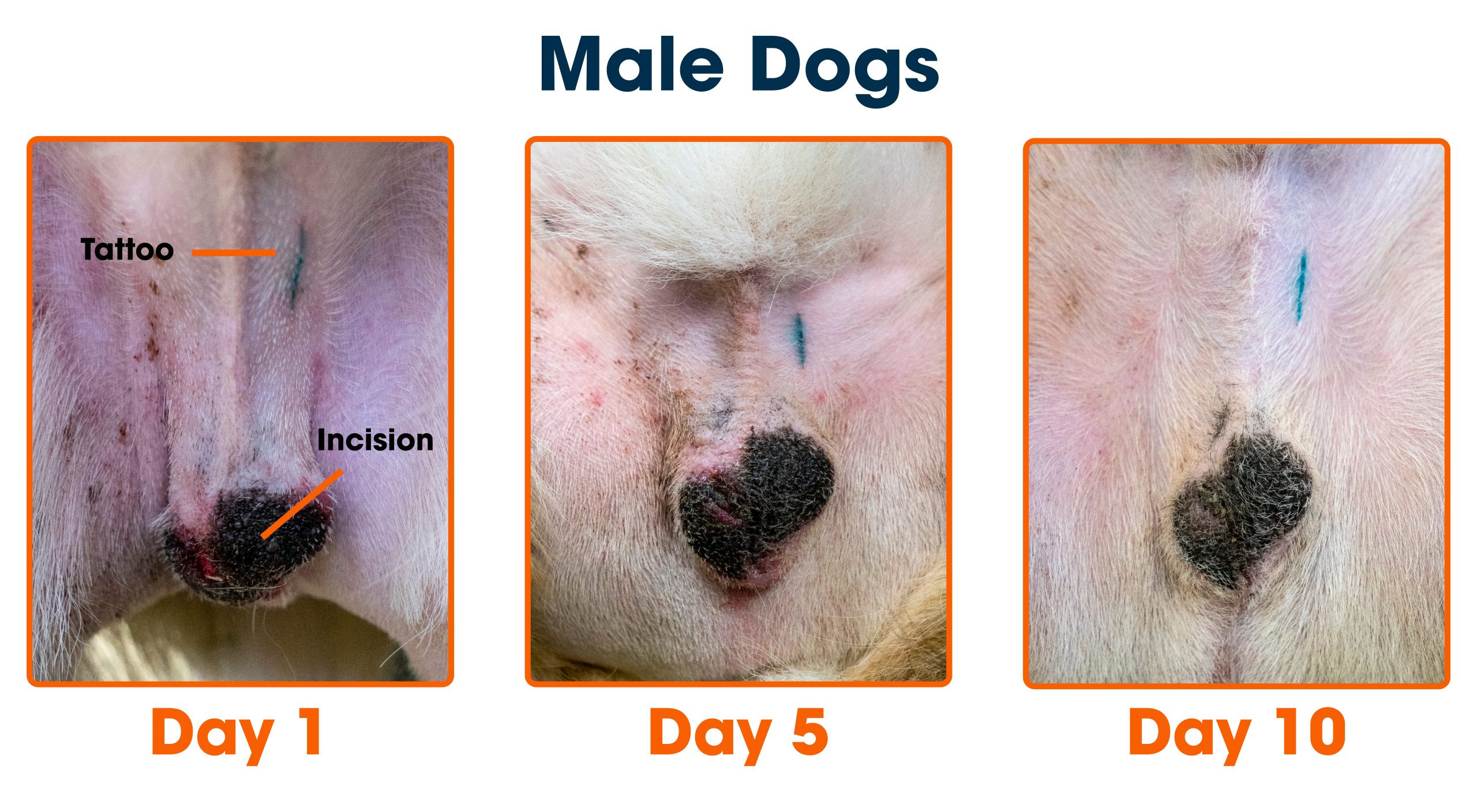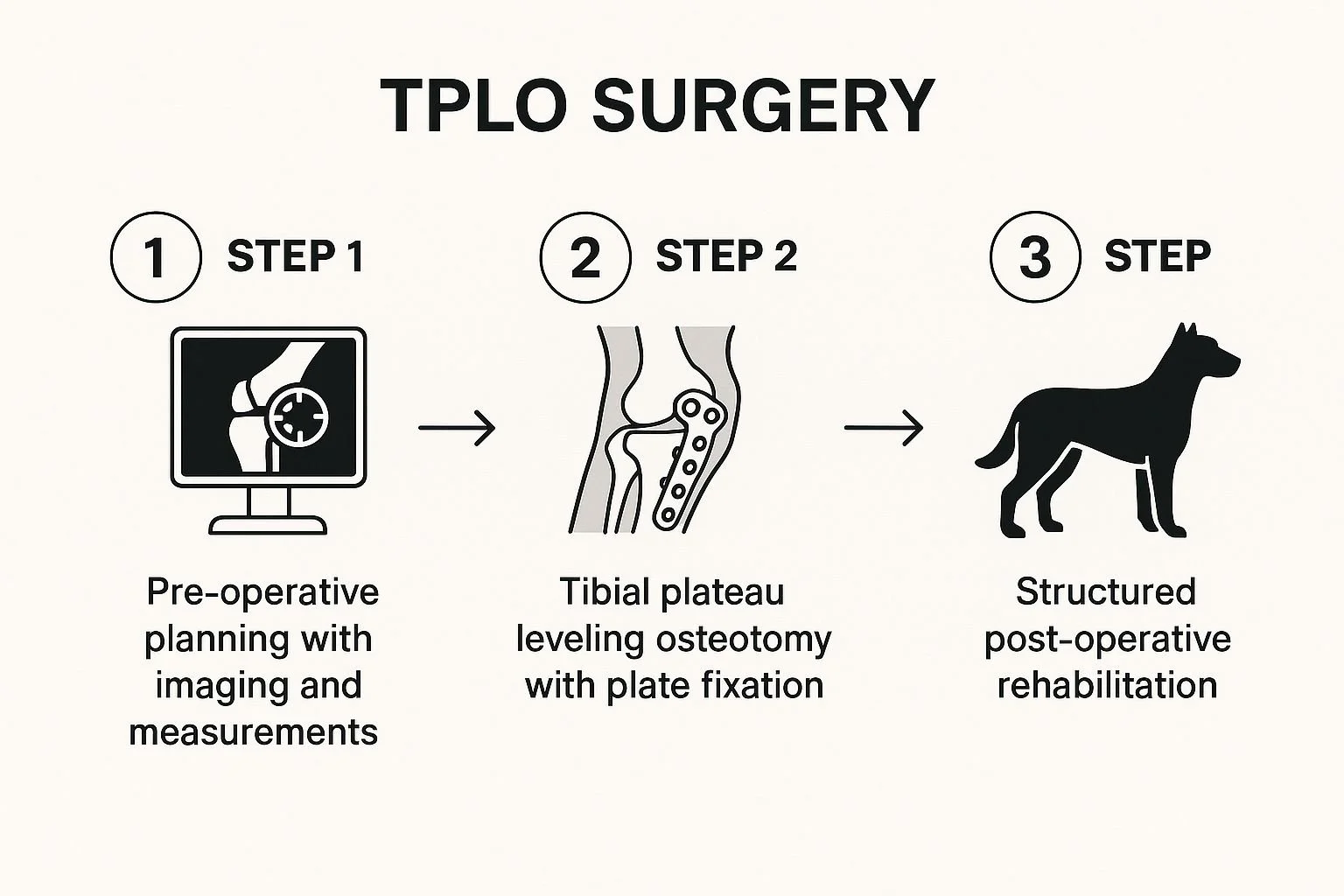If you truly care about your dog’s health and happiness, understanding what good nutrition means is key. You want to give your furry friend the best food that fuels their energy, supports their immune system, and keeps their coat shiny.
But with so many options out there, how do you know what’s truly healthy and right for your dog? This guide will help you unlock the secrets to good nutrition for dogs, so you can make choices that keep your loyal companion thriving every day.
Keep reading—you’ll discover simple, powerful tips that can transform your dog’s well-being.
Key Nutrients For Dogs
Dogs need the right nutrients to stay healthy and active. Key nutrients support growth, energy, and immune health. A balanced diet includes proteins, fats, carbohydrates, vitamins, and minerals. Each nutrient plays a unique role in your dog’s well-being.
Proteins And Amino Acids
Proteins build muscles and repair tissues. Dogs need amino acids from protein sources like meat, fish, and eggs. Essential amino acids cannot be made by the body and must come from food. High-quality protein helps maintain strong muscles and a healthy coat.
Healthy Fats
Fats provide energy and support brain function. Omega-3 and omega-6 fatty acids help keep skin soft and coat shiny. Healthy fats also reduce inflammation and support heart health. Sources include fish oil, flaxseed, and chicken fat.
Carbohydrates Role
Carbohydrates supply energy for daily activities. They also help digestion by providing fiber. Whole grains, vegetables, and fruits are good carbohydrate sources. Too many carbs can cause weight gain, so balance is key.
Vitamins And Minerals
Vitamins and minerals support many body functions. Vitamins A, D, E, and B-complex help vision, bones, and metabolism. Minerals like calcium and phosphorus build strong teeth and bones. Trace minerals such as zinc and iron aid immune health. A varied diet usually meets these needs.

Credit: www.lilyskitchen.co.uk
Choosing The Right Dog Food
Choosing the right dog food is one of the most important decisions you make for your pet’s health. The options can feel overwhelming, but focusing on quality and suitability can guide you toward the best choice. Your dog’s energy, coat, and overall happiness depend on what you feed them daily.
Commercial Vs Homemade Diets
Commercial dog foods offer convenience and are formulated to meet nutritional standards. They come in dry kibble, canned, or semi-moist forms. Many brands add vitamins and minerals to ensure balanced nutrition.
Homemade diets let you control every ingredient your dog eats. You can avoid preservatives and fillers, but crafting a balanced meal requires research. Have you ever tried making a meal for your dog and wondered if it covers all their needs?
Both options can work well, but consistency and balance are key. Consulting your vet can help you decide if homemade or commercial food fits your dog’s lifestyle better.
Reading Dog Food Labels
Labels tell you what’s really inside your dog’s food. Look for high-quality protein sources like chicken, beef, or fish listed first. Avoid foods where by-products or fillers such as corn and wheat dominate.
Check for guaranteed analysis that shows protein, fat, fiber, and moisture percentages. These numbers give you insight into the food’s nutritional content.
Ingredients are listed by weight, so the first few items are the most important. Have you ever been surprised by what’s at the top of your dog’s food list?
Age And Breed Considerations
Your dog’s age changes their nutritional needs. Puppies require more calories and nutrients to support growth, while seniors benefit from diets lower in calories but rich in joint-supporting supplements.
Breed size matters too. Large breeds like Great Danes need food that supports joint health and controls growth rate. Small breeds often need calorie-dense food with smaller kibble size.
Adjusting food choices as your dog grows keeps them healthy and active. Are you feeding your dog according to their life stage and breed?
Feeding Guidelines
Feeding your dog the right way is more than just filling their bowl. It involves understanding how much, how often, and what they need to stay healthy and happy. These feeding guidelines can help you make smarter choices for your furry friend’s nutrition.
Portion Control
Knowing the right portion size is key. Overfeeding can lead to obesity, while underfeeding may cause nutritional gaps. Check your dog food label for recommended amounts based on your dog’s weight and activity level.
One trick I learned is to use a measuring cup instead of guessing. It helped me avoid accidentally overfeeding my Labrador, who loves to eat but needs to stay fit. Adjust portions as your dog’s needs change with age or health.
Feeding Frequency
How often you feed your dog matters just as much as how much. Puppies usually need three to four meals a day, while adult dogs do well with two. Smaller breeds may benefit from more frequent, smaller meals.
Ask yourself: Does your dog seem hungry or sluggish between meals? Changing feeding times can improve their energy and digestion. Consistency in feeding times also helps regulate their bathroom schedule.
Hydration Importance
Water is often overlooked but is essential for your dog’s health. Fresh water should always be available to prevent dehydration and support digestion. Dogs may drink less if their food has high moisture content, but they still need water.
Notice if your dog’s water intake changes suddenly—it can signal health issues. A simple habit I formed was refilling the water bowl multiple times a day, especially during hot weather or after exercise. Your dog’s hydration affects their energy and overall well-being.
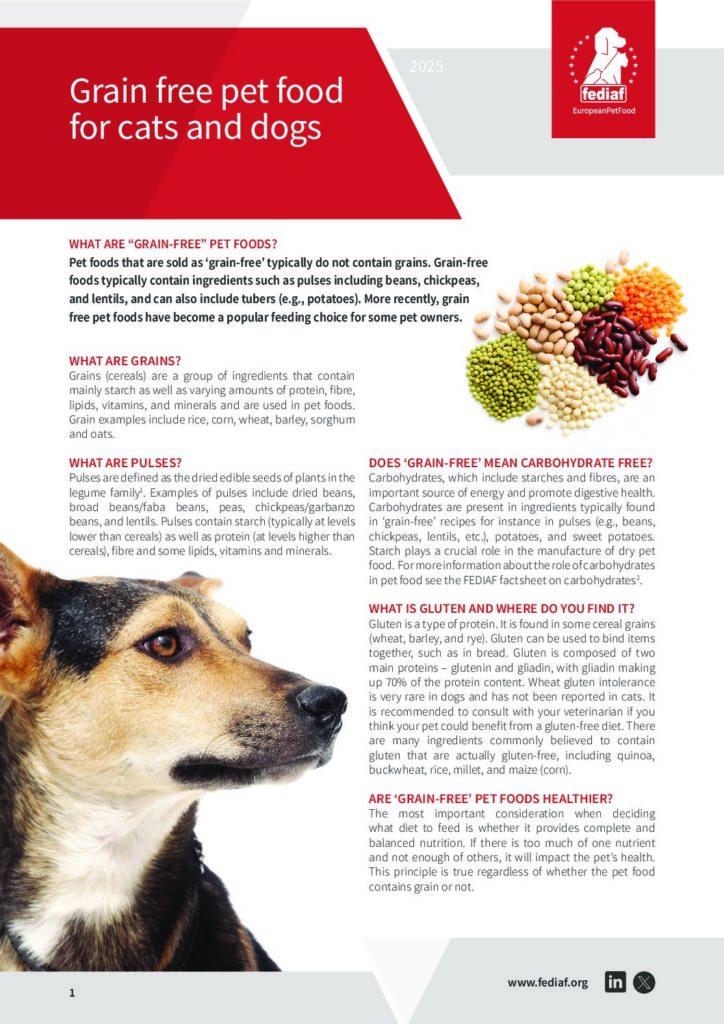
Credit: europeanpetfood.org
Common Nutritional Issues
Understanding common nutritional issues helps you keep your dog healthy and happy. Many pet owners face challenges that affect their dog’s diet, leading to health problems if not addressed. Let’s look at some typical issues you might encounter and how to manage them effectively.
Allergies And Sensitivities
Dogs can develop allergies or sensitivities to certain ingredients like grains, chicken, or dairy. These often cause itchy skin, digestive upset, or ear infections. Identifying the trigger can be tricky—have you noticed your dog scratching more after meals?
Switching to limited ingredient diets or hypoallergenic foods often helps. You can also try an elimination diet to pinpoint the problem ingredient. Always consult your vet before making major diet changes.
Obesity Prevention
Excess weight is a common problem in dogs and can lead to joint pain, diabetes, and reduced lifespan. Portion control and regular exercise are your best tools to keep your dog at a healthy weight. Are you measuring your dog’s food or guessing portions?
Choose foods with balanced calories and avoid frequent treats or table scraps. Using a feeding schedule instead of free feeding can make a big difference. Remember, a fit dog is a happy dog.
Nutrient Deficiencies
Missing essential nutrients like vitamins, minerals, or amino acids can cause serious health issues in dogs. Symptoms vary from dull coat to weak muscles or lethargy. Have you noticed changes in your dog’s energy or appearance?
Feed a complete and balanced diet designed for your dog’s age, size, and activity level. Sometimes homemade diets need supplements to fill gaps. Regular vet check-ups can catch deficiencies early and keep your dog thriving.
Supplements And Treats
Supplements and treats play a special role in your dog’s nutrition. They are not a replacement for a balanced diet but can support health and happiness. Choosing the right supplements and treats helps maintain your dog’s well-being and offers rewards during training or play.
When To Use Supplements
Supplements support specific health needs. They help with joint health, digestion, or coat condition. Use supplements under a vet’s advice. Avoid giving too many as this can cause issues. Supplements are best when your dog has a health concern or special dietary need.
Healthy Treat Options
Choose treats with natural ingredients. Look for options low in sugar and fat. Fresh fruits like apple slices or carrot sticks make good treats. Small pieces of cooked chicken or fish work well too. Healthy treats reward good behavior and add variety without harm.
Avoiding Harmful Additives
Check treat labels for harmful additives. Avoid artificial colors, flavors, and preservatives. Steer clear of treats with excessive salt or sugar. Some ingredients can cause allergies or upset your dog’s stomach. Always pick treats made with simple, safe ingredients.
Special Dietary Needs
Special dietary needs are crucial to understand for your dog’s overall health and happiness. Different life stages and lifestyles require tailored nutrition to keep your dog thriving. Ignoring these needs can lead to health problems or reduced quality of life.
Puppies And Senior Dogs
Puppies need diets rich in protein and calories to support their rapid growth and development. Nutrients like calcium and DHA play a vital role in building strong bones and brain function. Senior dogs, on the other hand, often require fewer calories but more fiber and joint-supporting nutrients such as glucosamine.
Have you noticed changes in your dog’s energy or appetite as they age? Adjusting their diet to match these changes can make a big difference.
Dogs With Health Conditions
Health issues like allergies, kidney disease, or diabetes require special attention to diet. For example, dogs with kidney problems benefit from lower protein and phosphorus levels. Allergic dogs may need limited ingredient diets or hypoallergenic foods to avoid flare-ups.
Consulting your vet about your dog’s specific condition helps create a feeding plan that supports healing and comfort.
Active Vs Sedentary Dogs
Active dogs burn more calories and need higher protein and fat to maintain muscle and energy. Sedentary dogs require fewer calories to prevent weight gain and may benefit from diets higher in fiber to keep them full. Ignoring these differences can lead to obesity or malnutrition.
Think about your dog’s daily routine—do you provide the right fuel for their activity level?

Credit: www.facebook.com
Frequently Asked Questions
What Nutrients Are Essential For Dog Health?
A balanced diet for dogs includes proteins, fats, carbohydrates, vitamins, and minerals. Proteins support muscle growth and repair. Fats provide energy and aid in nutrient absorption. Carbohydrates offer energy and fiber. Vitamins and minerals are crucial for immune function and overall health.
How Often Should Dogs Be Fed?
Dogs typically thrive on two meals a day, morning and evening. Puppies may require more frequent feeding. Feeding schedules depend on the dog’s age, size, and activity level. Consistent feeding times help maintain digestive health and prevent obesity.
Can Dogs Eat Human Food Safely?
Some human foods are safe for dogs, like cooked chicken or carrots. However, avoid foods toxic to dogs, such as chocolate, grapes, and onions. Always consult your vet before introducing new foods to your dog’s diet.
How Do I Choose The Right Dog Food?
Choose dog food based on your dog’s age, size, and health needs. Look for high-quality ingredients and balanced nutrition. Consult your vet for recommendations tailored to your dog’s specific dietary requirements.
Conclusion
Good nutrition helps dogs live healthy, happy lives. Balanced meals give energy and support strong bones. Fresh water and quality food keep dogs active. Treats are fine but should not be too many. Regular vet visits help track your dog’s health.
Paying attention to diet prevents many health problems. Every dog is unique, so choose food carefully. Healthy eating means a longer, joyful life for your pet. Simple steps make a big difference in your dog’s wellbeing.

